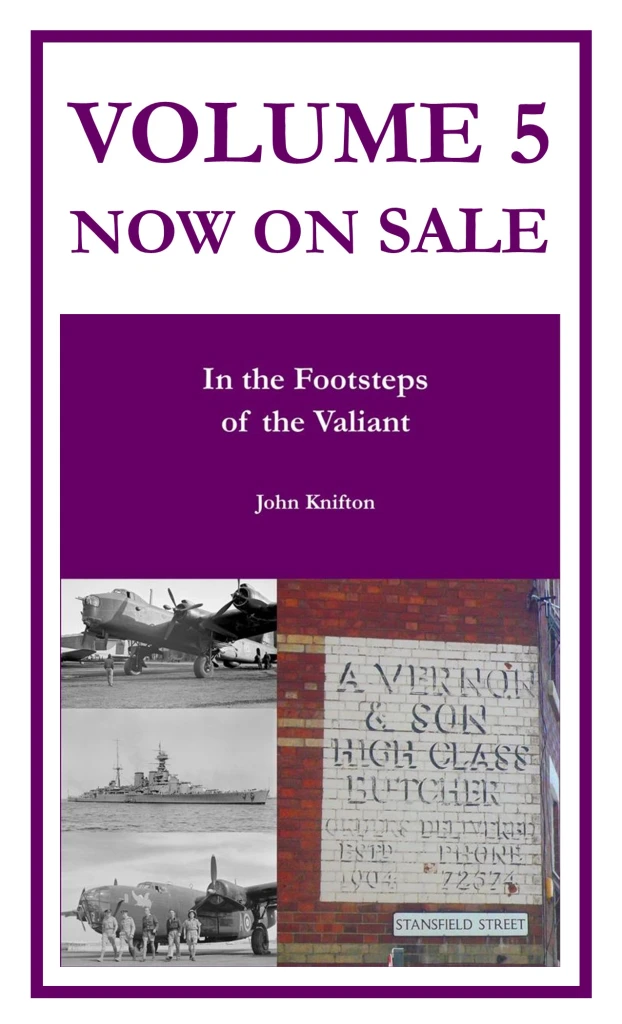Last time, I told you my Dad’s three favourite lines of poetry, which he would quote out loud at what he thought was the right moment.
Any mention of autumn, in any context, in real life, on TV, the fact that it was October, any of those would produce Keats’ line:
“Season of mists and mellow fruitfulness”
Sometimes he would manage the second line after it:
“Close bosom-friend of the maturing sun”

Any bird high up in the sky, perhaps a skylark but definitely not an eagle, pigeon or airliner would produce Shelley’s line:
“Hail to thee, blithe Spirit!
Bird thou never wert,”
And then, Fred’s improvement on the lines by William Henry Davies:
“What is this life if so full of care, we have no time to stand and stare ? ”
Any mention of ships though, either in real life or on television, would set him off with some phrases, or even a couple of lines, from another of Fred’s favourite poets, namely John Masefield. All the family, therefore, soon became familiar with the various vessels of his poem “Cargoes”, and their home ports. There was a “quinquireme of Nineveh ” and a “ stately Spanish galleon coming from the Isthmus ” or, much more more likely in the North Sea off Skegness or Scarborough, perhaps, a “ dirty British coaster with a salt-caked smoke stack. ”
The first verse was a
“Quinquireme of Nineveh from distant Ophir,
Rowing home to haven in sunny Palestine,
With a cargo of ivory,
And apes and peacocks,
Sandalwood, cedarwood, and sweet white wine.”

“Stately Spanish galleon coming from the Isthmus,
Dipping through the Tropics by the palm-green shores,
With a cargo of diamonds,
Emeralds, amythysts,
Topazes, and cinnamon, and gold moidores.”
And here’s that very galleon:

In contrast, though, the third, and last, verse is about a ship of a much humbler origin:
“Dirty British coaster with a salt-caked smoke stack,
Butting through the Channel in the mad March days,
With a cargo of Tyne coal,
Road-rails, pig-lead,
Firewood, iron-ware, and cheap tin trays.”
And here it is:

And now, some of the meanings:
Nineveh was the ancient capital of Assyria. You can see its ruins on the opposite bank of the River Tigris from Mosul, in northern Iraq.

Ophir was probably one of the many empires which flourished either on the banks of the Nile or in the Horn of Africa. King Solomon received a cargo from Ophir every three years. It was a consignment of gold, silver, sandalwood, pearl, ivory, apes, and peacocks. Presumably, the quinqireme in the poem was on its way to Israel.
Amethyst is a violet variety of quartz. The name comes from the Greek “αμέθυστος“.
Moidores were a Portuguese gold coin of the early 18th century and then worth about 27 shillings.
Topaz is a silicate mineral of aluminium and fluorine with the chemical formula Al2SiO4(F, OH)2. Topaz crystallizes in the orthorhombic system, and its crystals are mostly prismatic terminated by pyramidal and other faces. (There will be a test next Monday).
As a preliminary to the test, which one is which? Moidores? Topaz? Amethyst?



